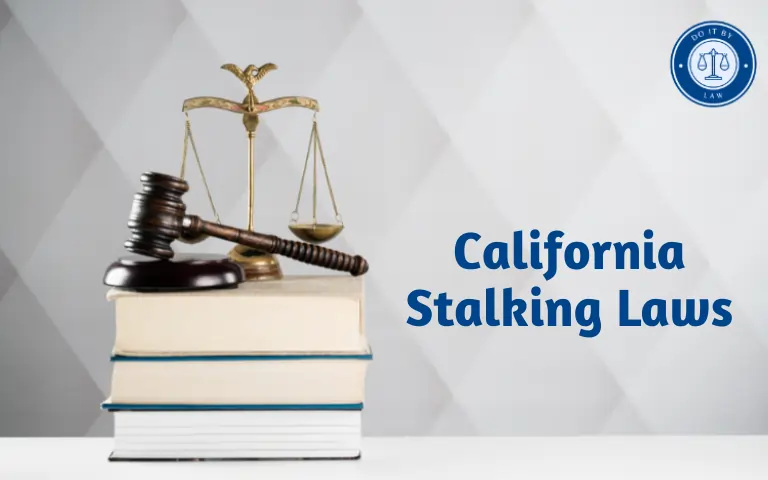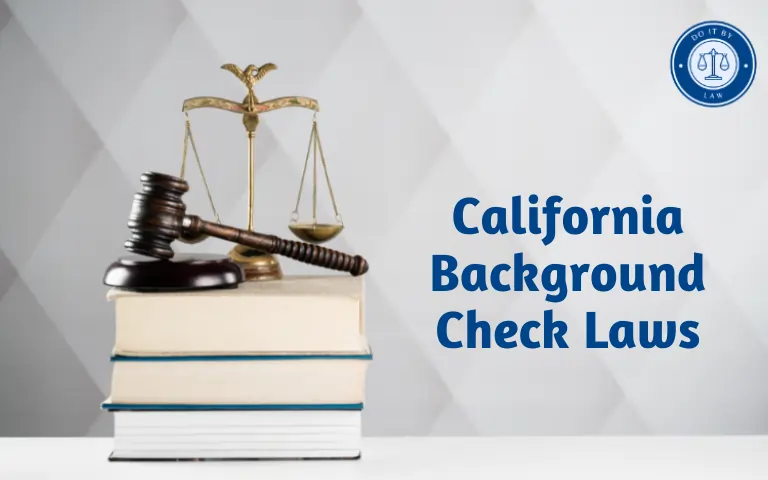California Termination Laws: What You Need to Know
Getting canned from your job is never fun, but at least if you live in California, you have some decent laws to protect you from shady employer shenanigans. That’s right folks – the Golden State aims to make sure companies don’t just kick employees to the curb without good reason or proper process. So read up on your California Termination Laws rights!
When the Laws Were Enacted and Why They Exist
California State’s first major employment laws started popping up in the late 1800s in response to some truly terrible working conditions at the time (I’m talking no lunch breaks, child labor, crazy unsafe environments – bad scene). Reformers realized workers desperately needed protections from employer exploitation.
Over the following decades, additional worker rights laws were passed piecemeal to address things like workplace injuries, overtime pay, leave time, etc. But there were still no laws stopping employers from firing people arbitrarily.
Then in 1959, California courts made a big ruling that shaped modern termination laws. They declared employment “at will” meaning you can quit or be fired at any time, for any reason (or none at all), unless an employment contract states otherwise.
While that gave employers lots of power, later laws carved out exceptions against wrongful termination based on discrimination, retaliation, whistleblowing, etc. These laws have continued expanding protections against improper employee dismissal.
So in essence, they aim to rein in employer power and ensure companies have legitimate reasons to terminate. No more tossing people aside like yesterday’s jam!
Who the Termination Laws Apply To
California’s termination and employment laws protect most full-time and part-time private sector employees working in the state, regardless of citizenship or immigration status. That includes blue-collar, white-collar, and pink-collar workers across industries.
In short, unless you are an independent contractor or unpaid intern, you likely fall under these job protection laws when working for The Man (or Woman).
Government and union workers also have their specialized termination processes. However private companies in CA need to follow state laws when hiring and firing personnel.
That’s right bosses – you don’t have total power over your underlings! Cue evil laugh
Key Provisions of California Termination Laws
There are a few key requirements California employers must follow when letting workers go:
Advance Notice
The company must provide written notice to the employee before termination. How far in advance depends on:
- Length of employment
- Whether for cause or layoff
- If many people are laid off
Final Pay
Final wages must be paid immediately upon termination. If not possible, then within 72 hours. This includes:
- Unpaid wages
- Commissions
- Unused PTO
- Other compensation owed
Paperwork
Employers must provide termination paperwork like discharge letters, severance agreements, COBRA forms, etc.
Job References
By law, employers can only confirm basic employment details like dates worked, title, some duties, and salary. They can’t disclose private info or give opinions.
Unemployment Access
The employer must give employees info on applying for unemployment benefits from the state.
There are also strict processes for group layoffs impacting 50+ employees.
So California aims to enforce ethical termination practices!
Penalties for Violating California Termination Laws
Skirting CA employment laws can rack up massive penalties for naughty rule-breaking companies including:
- Employee Lawsuits – Workers can sue for things like wrongful termination, discrimination, wage/hour violations, etc. If they win, employers owe big time for lost wages, damages, attorney fees, and other penalties determined in court or by settlement. We’re talking mega bucks here folks.
- State Fines – Violating CA workplace laws triggers fines of $500 – $10,000 per incident, adding up fast. Things like late final paychecks or missing paperwork draw penalties.
- Revoked Business Licenses – The state can rescind a company’s business license after multiple violations, essentially shutting it down.
So while CA termination laws have exceptions, employers must be extremely careful when carrying out terminations. Otherwise, they risk major penalties down the road!
Recent Changes and Proposed Updates
California regularly updates its employment laws, with new legislation passed in 2023 impacting termination rules:
AB 1076
- Voids non-compete agreements making it easier for fired employees to find work
SB 553
- Requires workplace violence prevention programs explaining termination appeal options
AB 594
- Empowers local prosecutors to enforce labor laws with big penalties
SB 497
- Strengthens protections from retaliation around terminations
SB 731
- Requires 30-day notice before changing remote work status that could lead to firing
SB 616
- Expands eligibility for paid sick leave making it harder to terminate for attendance issues
SB 848
- Adds new reproductive health leave protections limiting termination for taking time off
So in summary, new legislation continues to limit employer termination powers and expand worker protections against unfair dismissal. Hasta la vista baby!
Controversies and Challenges With California Termination Laws
While California’s robust employment laws aim to protect workers, some controversies keep brewing:
Wrongful Discharge Suits
These lawsuits are highly controversial with business groups claiming baseless cases and absurdly large payouts. Workers argue the system still favors employers.
Overtime Exemptions
Debates continue around loosening overtime pay exemptions for more professional workers, which companies support and labor groups oppose.
Remote Work Rights
The pandemic saw a major increase in remote workers, with debates around how much job protection they deserve and when companies can terminate them.
Paid Leave Expansion
As California expands paid leave offerings like sick time and family leave, critics argue it overburdens small businesses and sets the stage for abuse of these programs.
Enforcement Gaps
Worker advocates say while California has the toughest labor laws, enforcement remains inconsistent and penalties are still too low.
So the quest for balance continues! But workers have more protections now than ever before.
Key Takeaways on California Termination Laws
In closing, here are the big takeaways on California termination laws:
- They originated from early 20th century labor reforms and court rulings on at-will employment
- Cover most full-time and part-time private sector workers
- Require notice, final pay, paperwork, and references during termination
- Prohibit retaliation or discrimination in firing
- Violations trigger massive lawsuits, fines, and license revocation
- New legislation continues expanding worker protections
So next time you get the boot in California, make sure your employer follows proper protocols! You have termination rights. Now go watch Jerry Maguire and know it will be ok.







